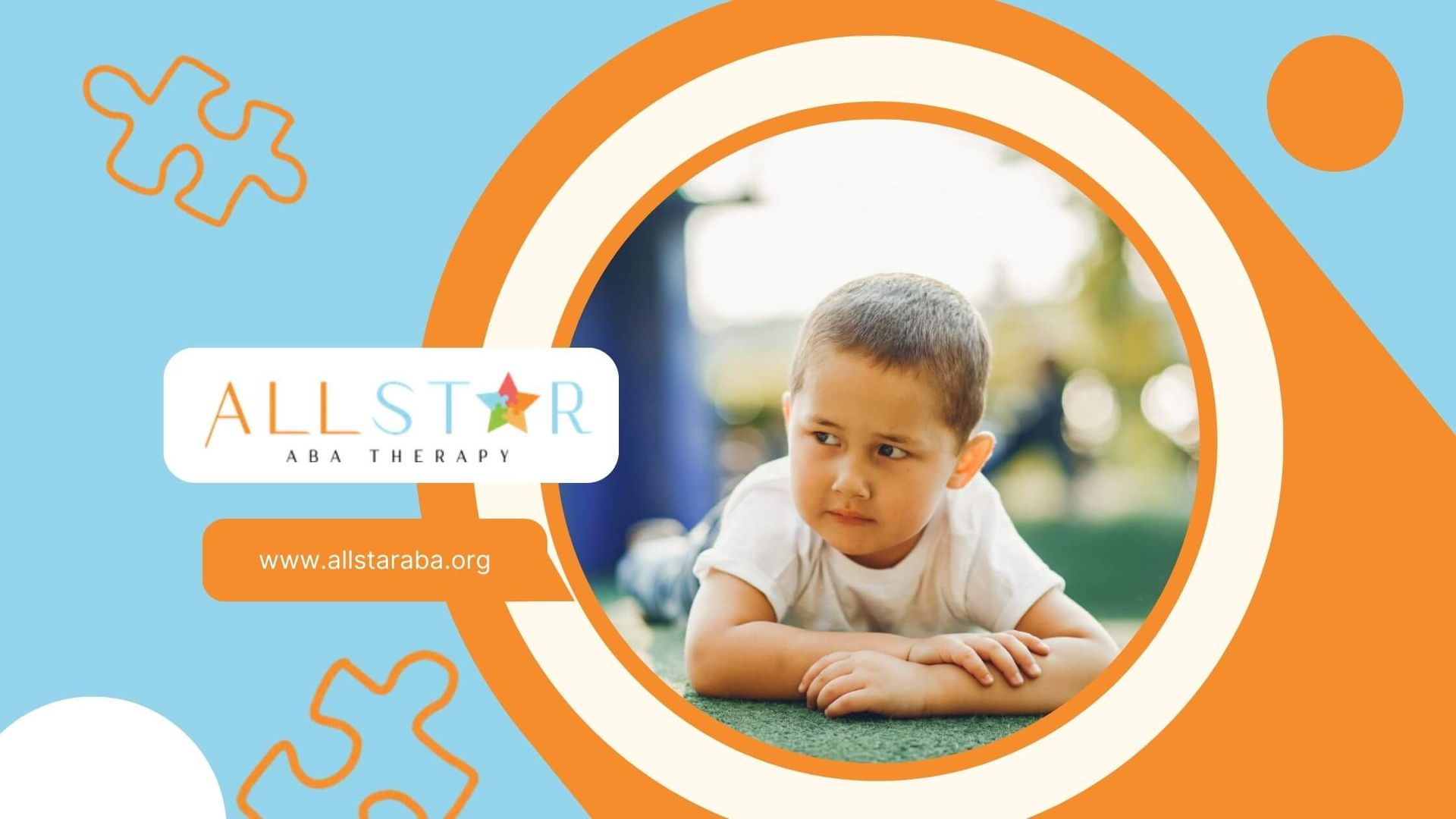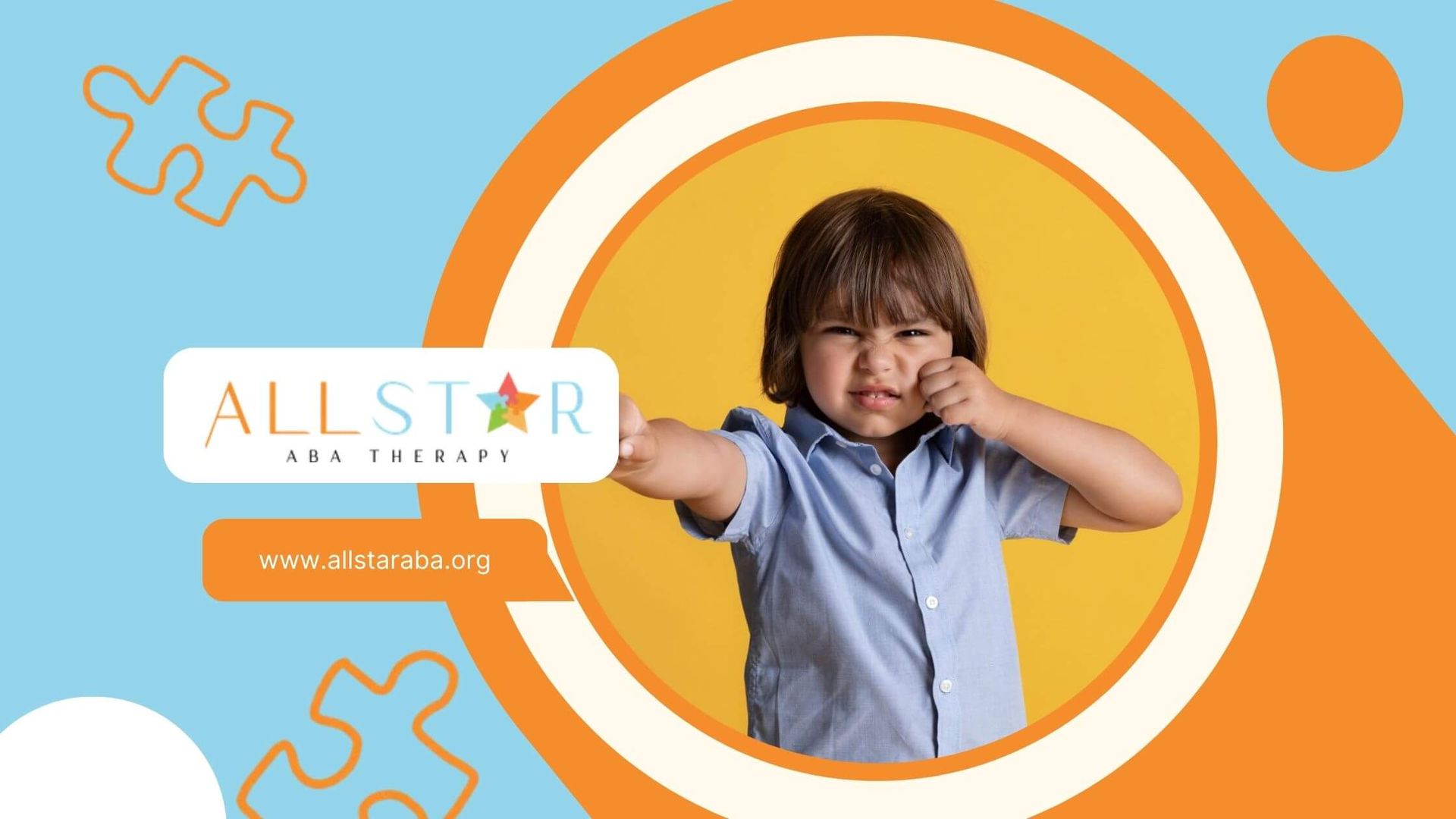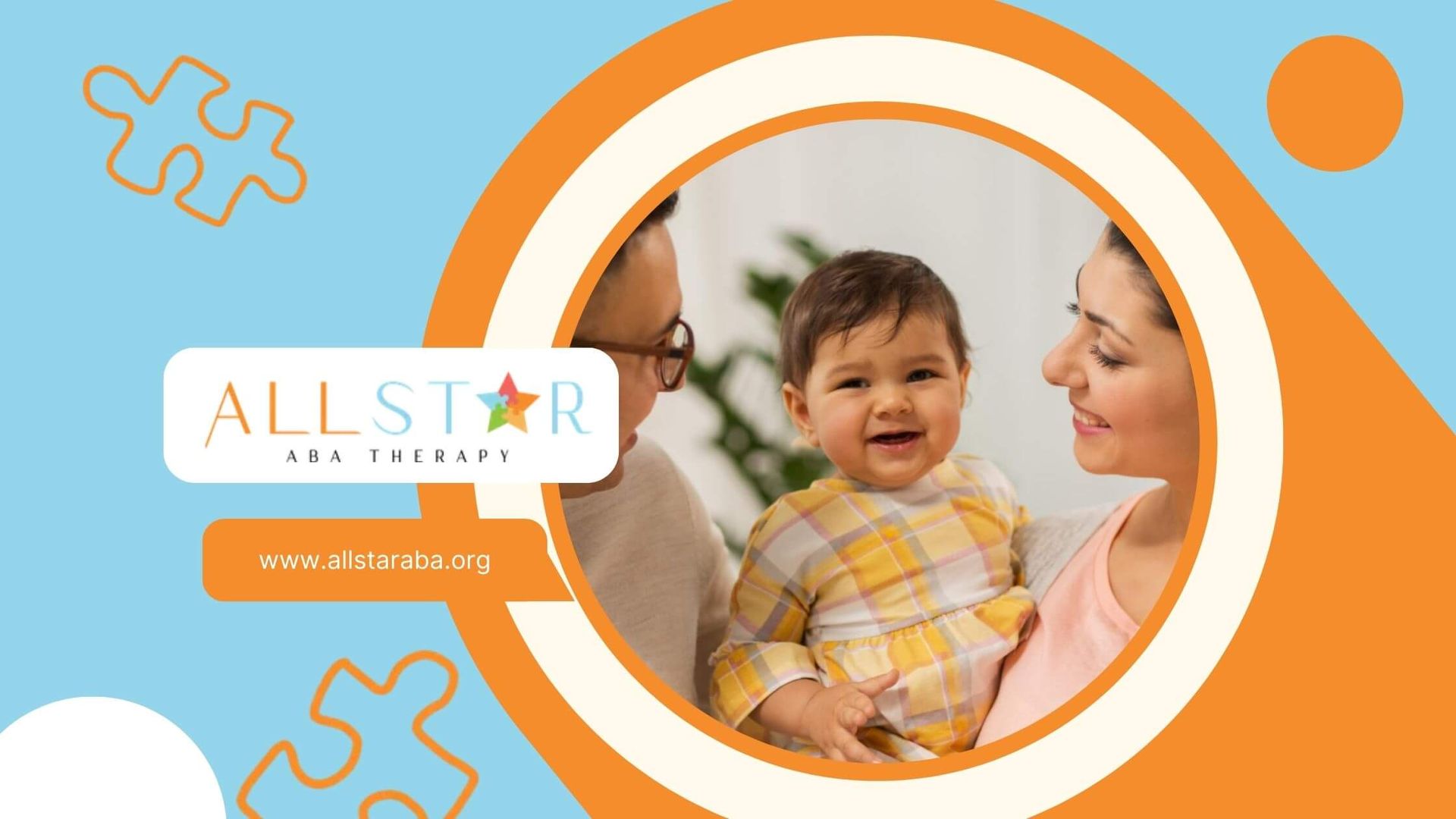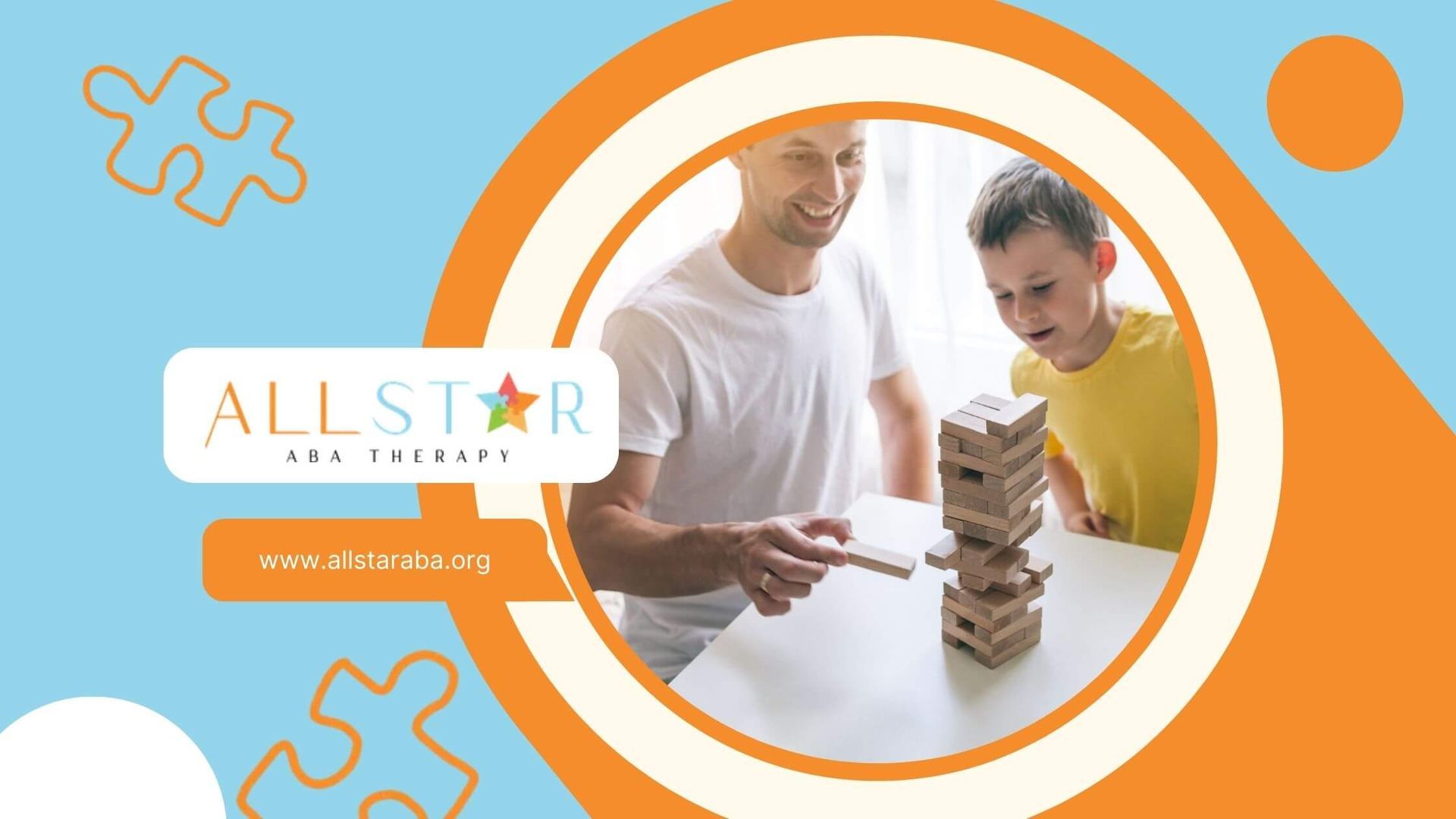New Paragraph
How Can Families Ensure ABA Therapy Is a Positive Experience for Their Children?
When ABA therapy feels positive, kids not only learn new skills — they enjoy the process too. Families play a big part in making that happen. With the right support, ABA can feel less like “therapy” and more like growth that fits naturally into everyday life.
Keep Communication Open
One of the best ways to set your child up for success is to talk openly with your ABA team. Share the little details — what makes your child laugh, what frustrates them, and what a “good day” looks like.
The more the team understands, the more personalized and effective therapy becomes.
Make Learning Fun
Progress doesn’t have to be boring. Kids learn best when they’re motivated, so families can:
- Celebrate every milestone, no matter how small.
- Use favorite toys, sensory-friendly activities, or snacks as reinforcers.
- Mix in play and flexibility so sessions feel natural.
Be Consistent Across Settings
Consistency is key. When the same strategies are used at home, school, and in the community, skills stick faster. Parent training is a great way to build confidence so you can support your child outside of sessions.
Stay Involved
The most positive ABA experiences happen when families are engaged. Ask questions, check in on progress, and be part of the journey. ABA works best when parents feel supported too.
At All Star ABA, we’re here to make ABA a meaningful experience for the whole family. We provide in-home ABA therapy, center-based ABA therapy, ABA therapy in school, and ABA parent training across Maryland and Virginia — all designed to help your child thrive in the settings that matter most.
FAQs
Need Support?
We're Here to Help!
Our experienced team is ready to assist you. Reach out today to discuss how we can support your child's development and well-being.
Get started with expert ABA therapy today.








